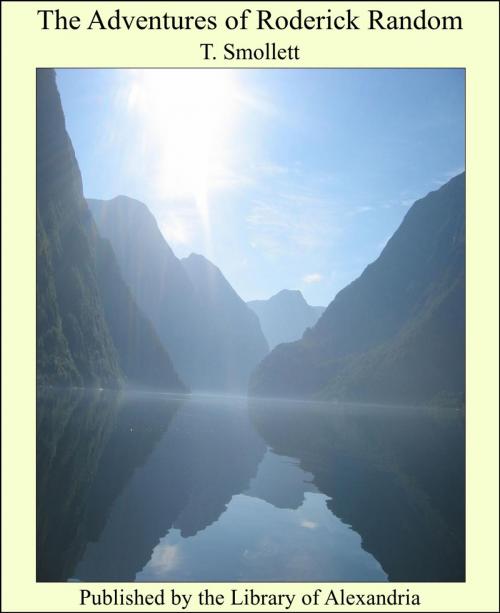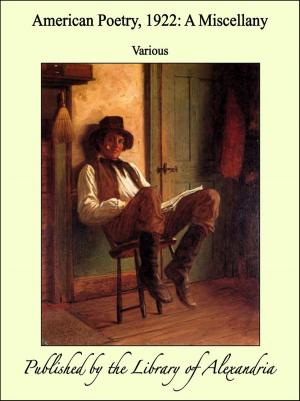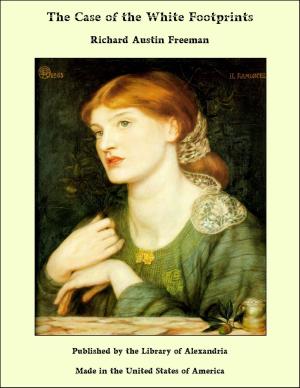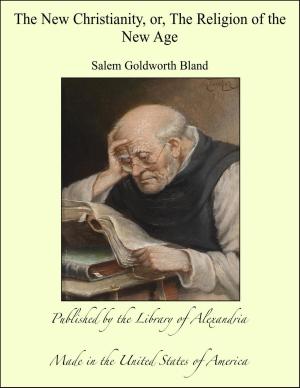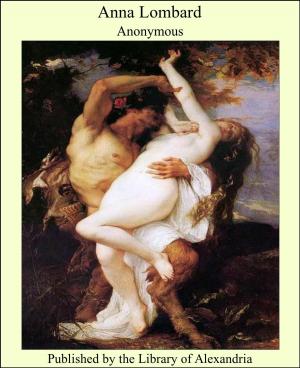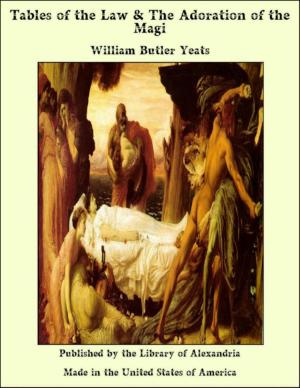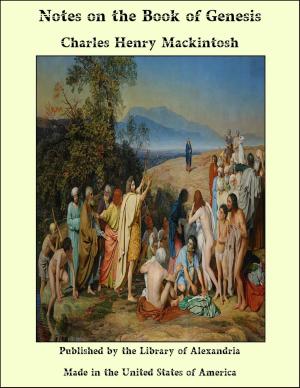The Adventures of Roderick Random
Nonfiction, Religion & Spirituality, New Age, History, Fiction & Literature| Author: | T. Smollett | ISBN: | 9781465504555 |
| Publisher: | Library of Alexandria | Publication: | March 8, 2015 |
| Imprint: | Language: | English |
| Author: | T. Smollett |
| ISBN: | 9781465504555 |
| Publisher: | Library of Alexandria |
| Publication: | March 8, 2015 |
| Imprint: | |
| Language: | English |
Of all kinds of satire, there is none so entertaining and universally improving, as that which is introduced, as it were occasionally, in the course of an interesting story, which brings every incident home to life, and by representing familiar scenes in an uncommon and amusing point of view, invests them with all the graces of novelty, while nature is appealed to in every particular. The reader gratifies his curiosity in pursuing the adventures of a person in whose favour he is prepossessed; he espouses his cause, he sympathises with him in his distress, his indignation is heated against the authors of his calamity: the humane passions are inflamed; the contrast between dejected virtue and insulting vice appears with greater aggravation, and every impression having a double force on the imagination, the memory retains the circumstance, and the heart improves by the example. The attention is not tired with a bare catalogue of characters, but agreeably diverted with all the variety of invention; and the vicissitudes of life appear in their peculiar circumstances, opening an ample field for wit and humour. Romance, no doubt, owes its origin to ignorance, vanity, and superstition. In the dark ages of the World, when a man had rendered himself famous for wisdom or valour, his family and adherents availed themselves of his superior qualities, magnified his virtues, and represented his character and person as sacred and supernatural. The vulgar easily swallowed the bait, implored his protection, and yielded the tribute of homage and praise, even to adoration; his exploits were handed down to posterity with a thousand exaggerations; they were repeated as incitements to virtue; divine honours were paid, and altars erected to his memory, for the encouragement of those who attempted to imitate his example; and hence arose the heathen mythology, which is no Other than a collection of extravagant romances.
Of all kinds of satire, there is none so entertaining and universally improving, as that which is introduced, as it were occasionally, in the course of an interesting story, which brings every incident home to life, and by representing familiar scenes in an uncommon and amusing point of view, invests them with all the graces of novelty, while nature is appealed to in every particular. The reader gratifies his curiosity in pursuing the adventures of a person in whose favour he is prepossessed; he espouses his cause, he sympathises with him in his distress, his indignation is heated against the authors of his calamity: the humane passions are inflamed; the contrast between dejected virtue and insulting vice appears with greater aggravation, and every impression having a double force on the imagination, the memory retains the circumstance, and the heart improves by the example. The attention is not tired with a bare catalogue of characters, but agreeably diverted with all the variety of invention; and the vicissitudes of life appear in their peculiar circumstances, opening an ample field for wit and humour. Romance, no doubt, owes its origin to ignorance, vanity, and superstition. In the dark ages of the World, when a man had rendered himself famous for wisdom or valour, his family and adherents availed themselves of his superior qualities, magnified his virtues, and represented his character and person as sacred and supernatural. The vulgar easily swallowed the bait, implored his protection, and yielded the tribute of homage and praise, even to adoration; his exploits were handed down to posterity with a thousand exaggerations; they were repeated as incitements to virtue; divine honours were paid, and altars erected to his memory, for the encouragement of those who attempted to imitate his example; and hence arose the heathen mythology, which is no Other than a collection of extravagant romances.
